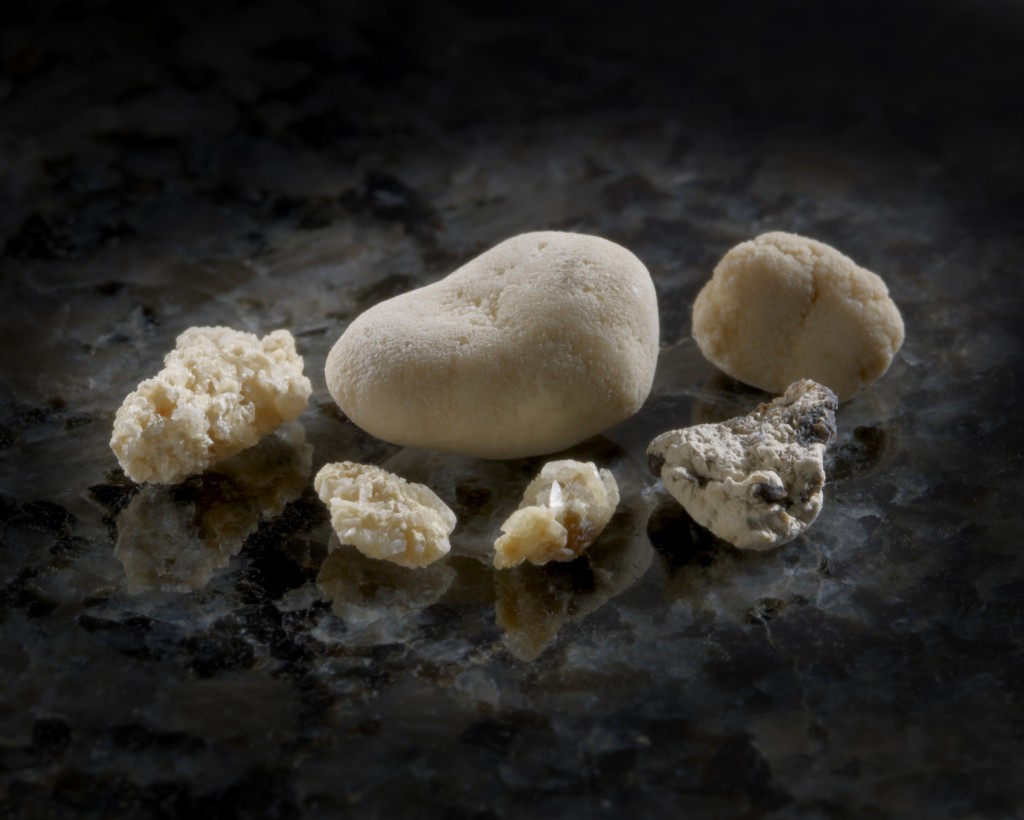I am Ketan Kapadia. I’m with Advanced Urology Institute and a board certified urologist.
 Obviously the heat is going to play a major role, a lot of it has to do with our diet unfortunately as well. [As with] an American diet, we just don’t eat very well, we’re all a little heavier and that also increases the risk of kidney stones as well.
Obviously the heat is going to play a major role, a lot of it has to do with our diet unfortunately as well. [As with] an American diet, we just don’t eat very well, we’re all a little heavier and that also increases the risk of kidney stones as well.
The interesting thing here in Florida, which isn’t talked about very much and this is sort of the holistic treatment of the patient in urology, which is we get a lot of men who have prostate problems who start cutting back on their fluids because they don’t want to get up at night; And when you start cutting back on fluids and not getting up at night, now you’re at more risk of [getting] stones. We see a lot of older guys who come in with kidney stones for the very first time because they got a prostate problem as well and that hasn’t really been addressed.
Same with women who have overactive bladder. First thing most people do is they start cutting back their fluid so they’re not having to run to the bathroom all the time. Again, you cut back your fluid and now you’re living in Florida in the heat, you’re going to get kidney stones. So a lot of doctors will be more than happy to just get rid of your stone and have the surgery [but] I’m also interested in preventing that next stone. Part of that is getting twenty-four (24) hour urines, seeing why you’re making stones, addressing all the overactive bladder problems and prostate problems because I don’t want you to end up having more stones. I’m happy to operate and take out stones, that’s fun, but it’s my obligation to help prevent [it from happening agan].


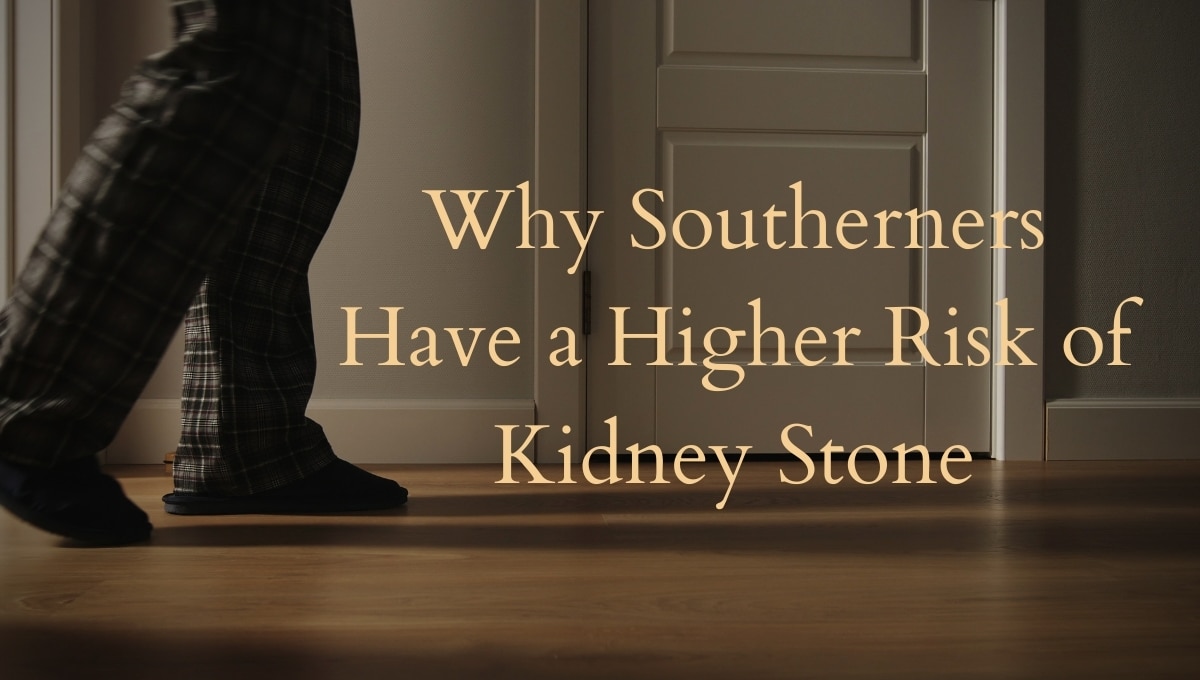
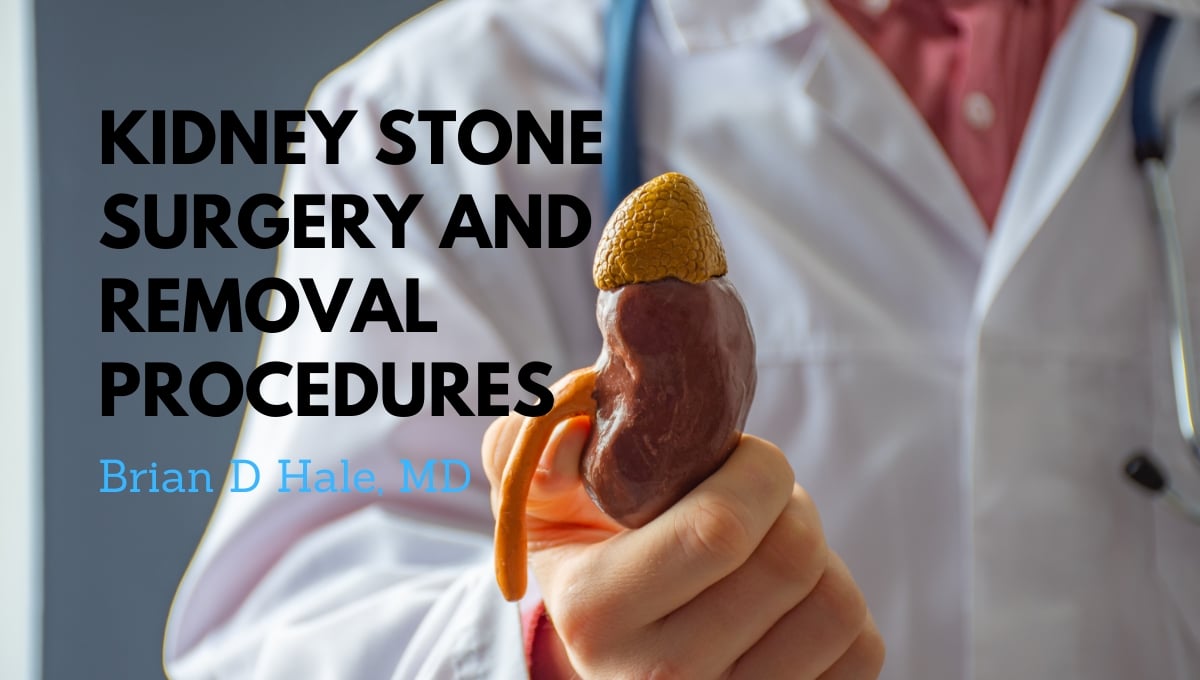
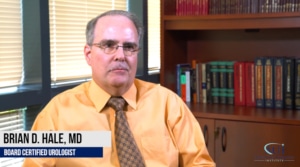 One cutting-edge and noninvasive method for treating kidney stones is called
One cutting-edge and noninvasive method for treating kidney stones is called 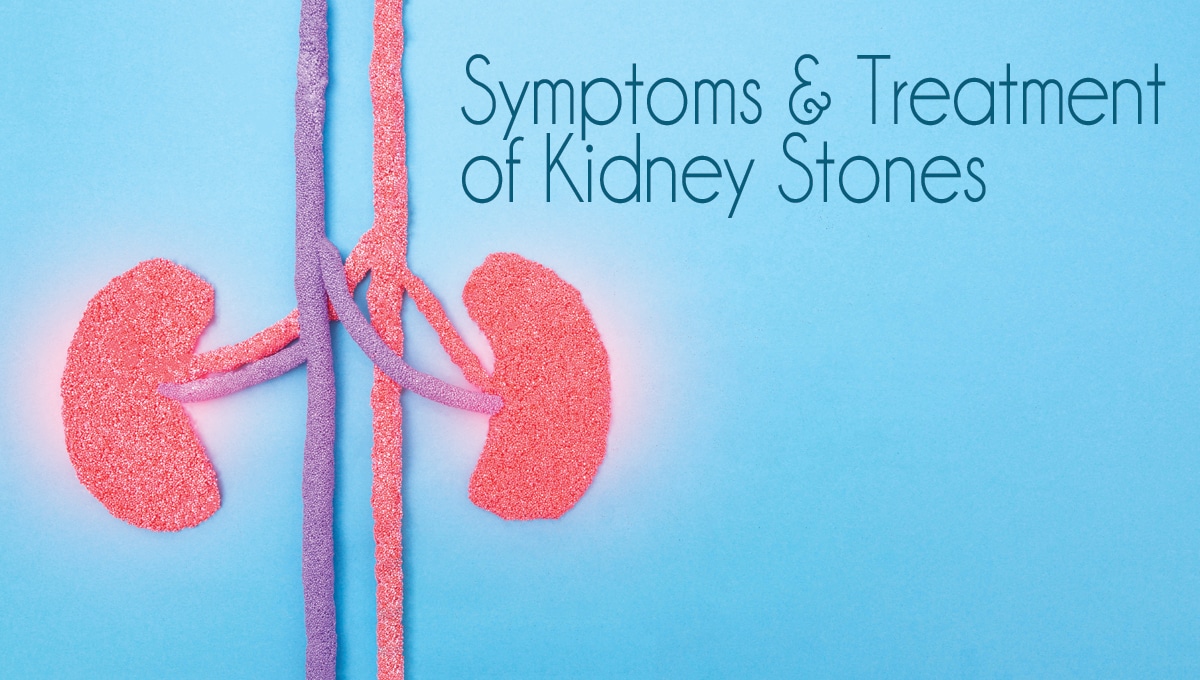
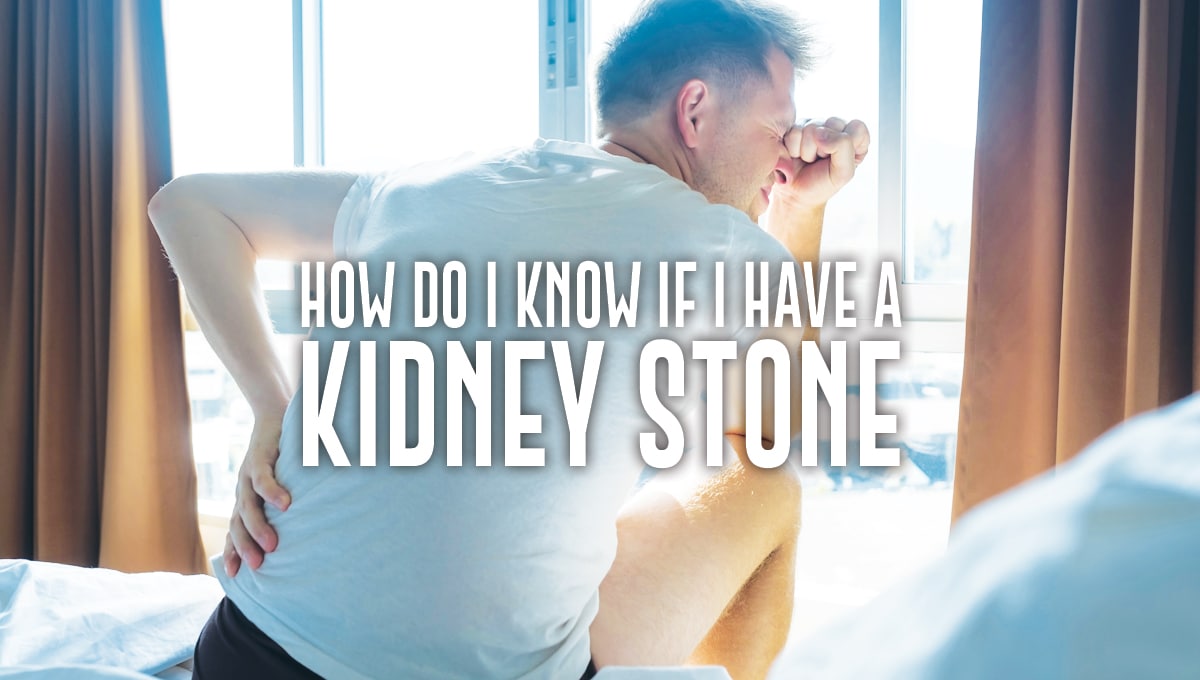
 How can you be sure that kidney stones are causing your pain?
How can you be sure that kidney stones are causing your pain?